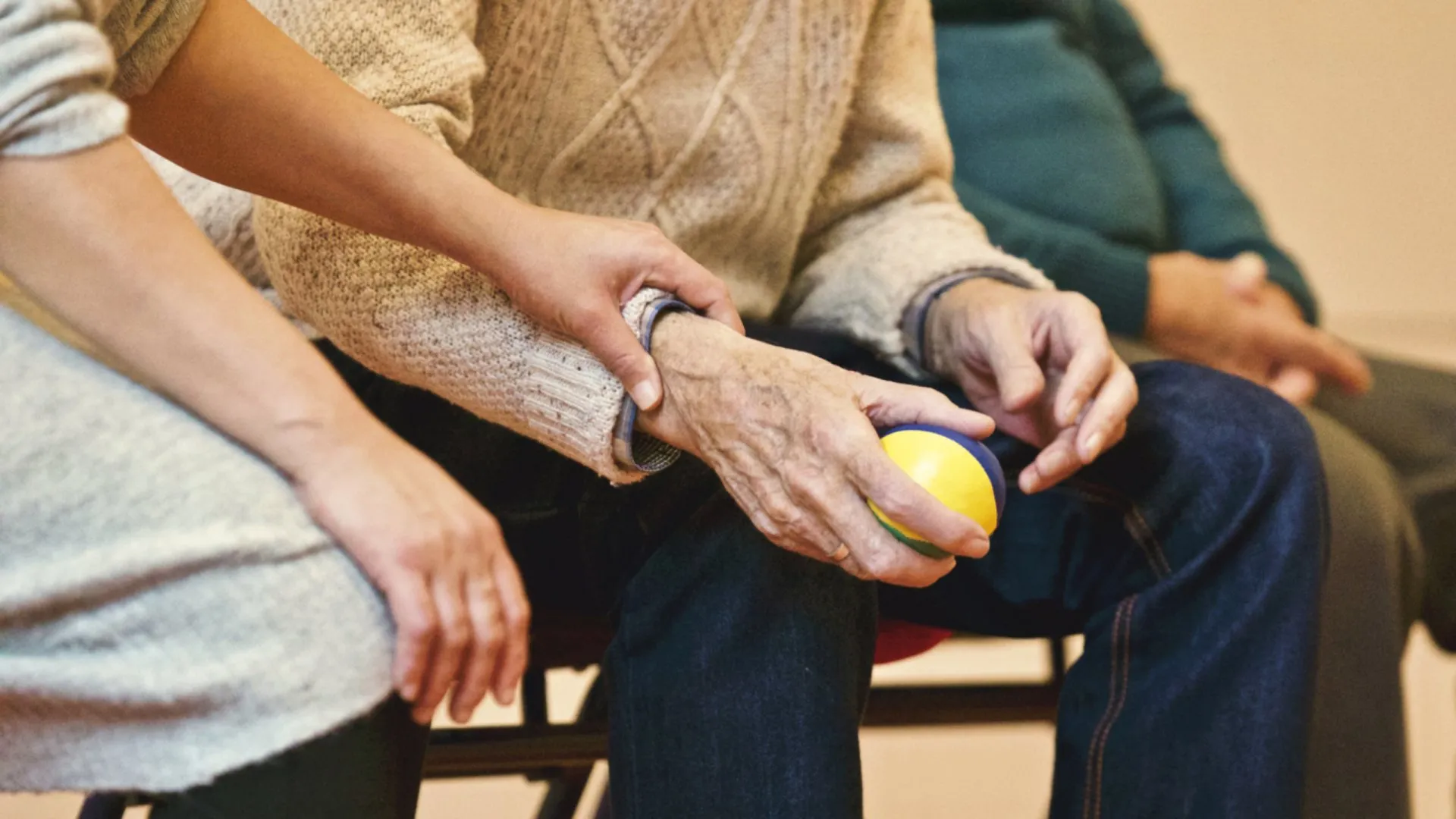Signs Your Loved One Needs Professional Assisted Living Services
13 August 2024
assisted living transition to assisted living
When an elderly loved one is living independently, there will come a day when it is possible that their well-being could become a risk if they remain alone. There may come a time when a loved one may require additional help for their health and safety. The decision on if it is time to transition to assisted living is not always easy, but it is a vital conversation.
When is the right time to consider assisted living?
The decision will not be the same in every case. Consulting with healthcare providers and your loved one is imperative. It is also possible that your loved one may not be receptive to the decision. Here are a few signs that it may be time to have the conversation:
- Declining health. According to the National Council on Aging, about 80 percent of older adults have at least one chronic condition, with nearly 70 percent of them having two or more. The presence of a chronic illness can cause your loved one’s health to deteriorate as they get older. Instead of trying to manage your loved one’s condition on your own, it may be time to escalate their needs with an elderly care provider.
- Changes in personal hygiene. A decline in hygiene could be due to self-neglect but may also be caused by the inability to perform essential self-care tasks. Signs of poor hygiene include unkempt hair, stains on clothes or unpleasant body odor. Additionally, other signs of self-neglect include unsanitary living conditions, weight loss and poor medication management.
- Social isolation. Social isolation in seniors poses serious health risks. This includes heart diseases, high blood pressure and cognitive decline. With assisted living, seniors gain regular opportunities for social interaction to enrich their lives.
While this is not a comprehensive list, it is important to note that if one or more of these signs appear, it may be time to talk about assisted living.

